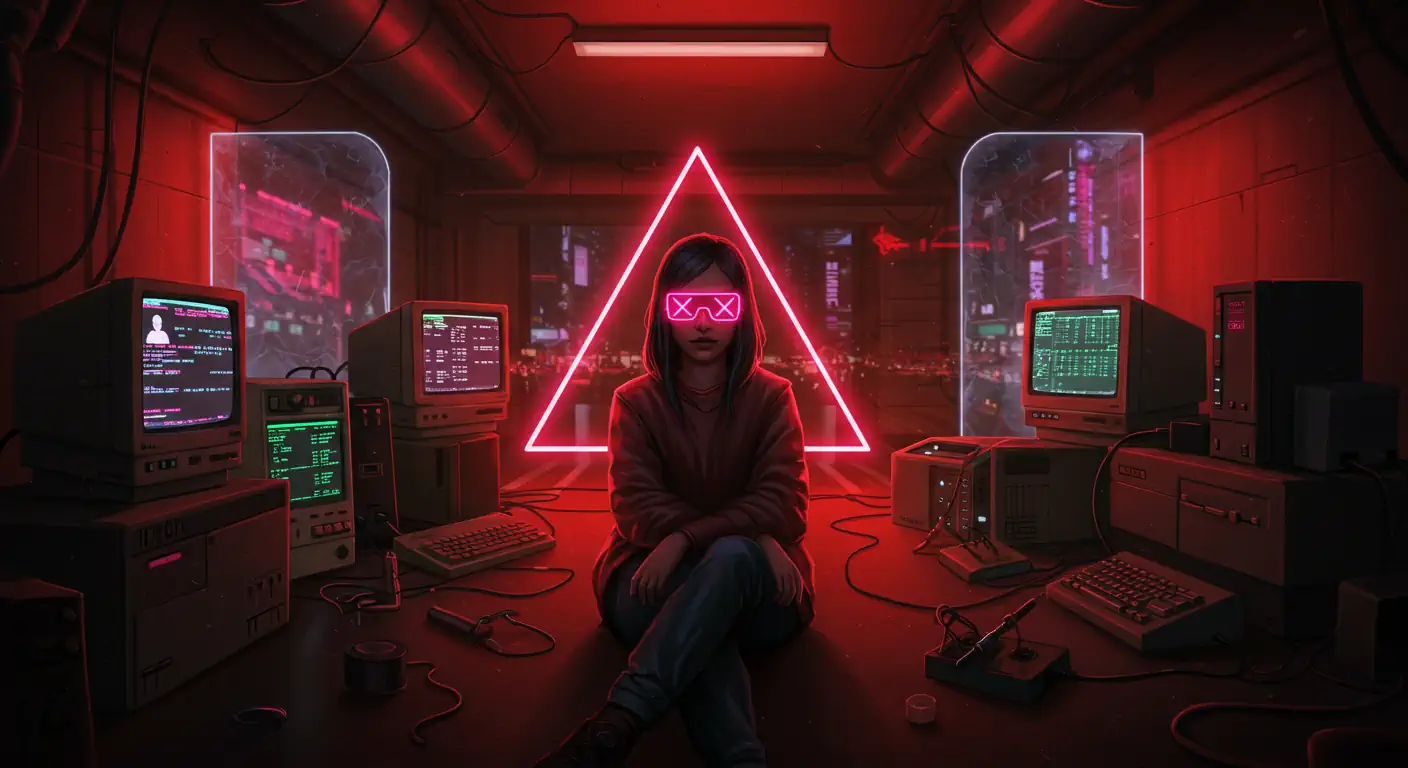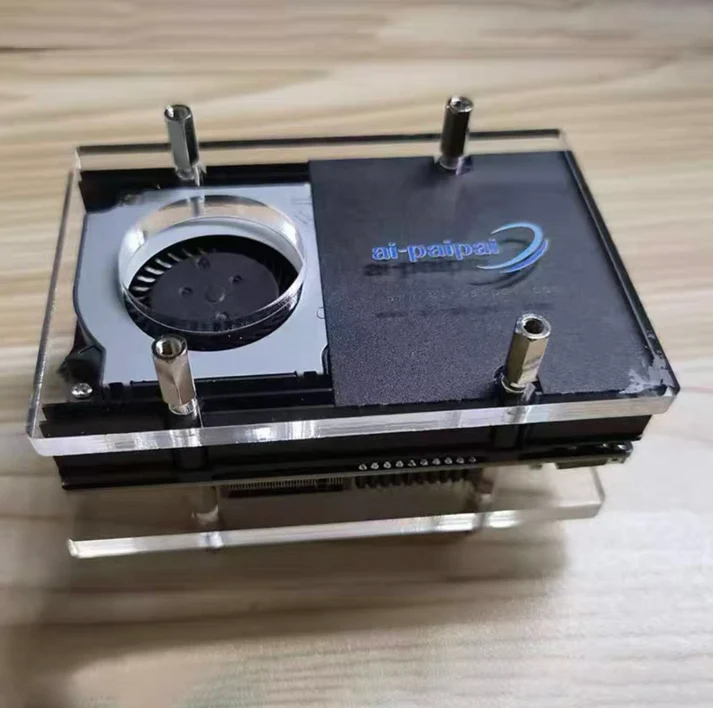Previously, I posted an article titled “Save Your Future: A Realist’s Guide to Cyberpunk Survival”. It was an attempt to outline what individuals — especially developers, hackers, and digital misfits — can do today to prepare for the strange future we’re already living through. The piece focused on three key survival principles: mastering old-school tech, relying on free and open-source software (FOSS), and protecting personal privacy not through isolation, but through architecture.
One of the responses I received on Reddit nailed something deeper:
“This reads more like a manifesto than a guide.”
At first, I thought: they’re right.
That article was never meant to be just another how-to. It was a warning, yes — but also a vision. And maybe now it’s time to admit it: the ideas in that post weren’t just tactical. They were foundational.
So let me take a step back and explain why this all matters — and where we can go from here.
Why I'm Writing This
For the past five years, I’ve been deeply involved in the W3C privacy review process. That means sitting with specs, working with browser vendors, studying side channels, and anticipating how data might leak even when no one intended it to. Much of our job was preemptive: saying “no” to features before they became vectors for surveillance — often with no actual exploitation in the wild, just the possibility.
It was the best privacy defense we could manage, and arguably the best the industry has seen.
But it came at a cost.
The process is exhausting. You’re swimming against a current of commercial pressure, hype cycles, and the gravity of convenience. The more privacy you try to enforce, the more it feels like you’re saying no to the future itself.
And that’s when I started asking myself: What if we’ve been framing this wrong?
Not Isolation — Abstraction
The idea that privacy must fight profit is an outdated model. What we need is a shift in architecture, not just in ideology.
Here’s the core insight:
Privacy should not be about hiding everything. It should be about making it impossible to tie activity back to the individual unless they explicitly want it.
You should be able to show your preferences to a recommendation engine. You should be able to buy something online with a free hardware to identify yourself, and easily throw it out or wipe its private key inside.
This idea is rooted in cypherpunk philosophy, but updated for a post-cloud world.
The Triangle That Grounds It All
In my view, this is how we survive — and shape — the next era:
1. FOSS is non-negotiable.
If we can’t read and fork the code that governs us, we’ve already lost.
FOSS is the last constitutional protection in digital life.
2. Old-school tech is your backup brain.
When the world gets abstracted, compiled, containerized, and black-boxed, knowing how to write shell scripts, stand up a DNS zone, or build your own services rather than managed cloud service. You should be able to have choices, always.
Not to run from the system — but to rebuild it when needed.
3. Privacy = Information Design, Not Abstinence
The goal isn’t to opt out. It’s to participate on your terms, using systems that make it impossible (mathematically or cryptographically) to connect your behavior to your real-world identity without your consent.
This is not anti-commerce. This is pro-agency.
Toward a Privacy Manifesto
That Reddit comment helped clarify something I hadn’t fully admitted to myself: I’m not just writing tips for survival. I’m sketching the early chapters of a new social contract — one that respects commerce, embraces innovation, but refuses to sacrifice individual autonomy.
I’m not quite ready to publish a full Privacy Manifesto, but the triangle above — FOSS, Old-School Mastery, Unlinkable Identity — will be its spine.
So if you’ve ever felt uneasy about the direction things are going…
If you’re a builder, a breaker, or a thinker who believes another future is possible…
Stay with me.




